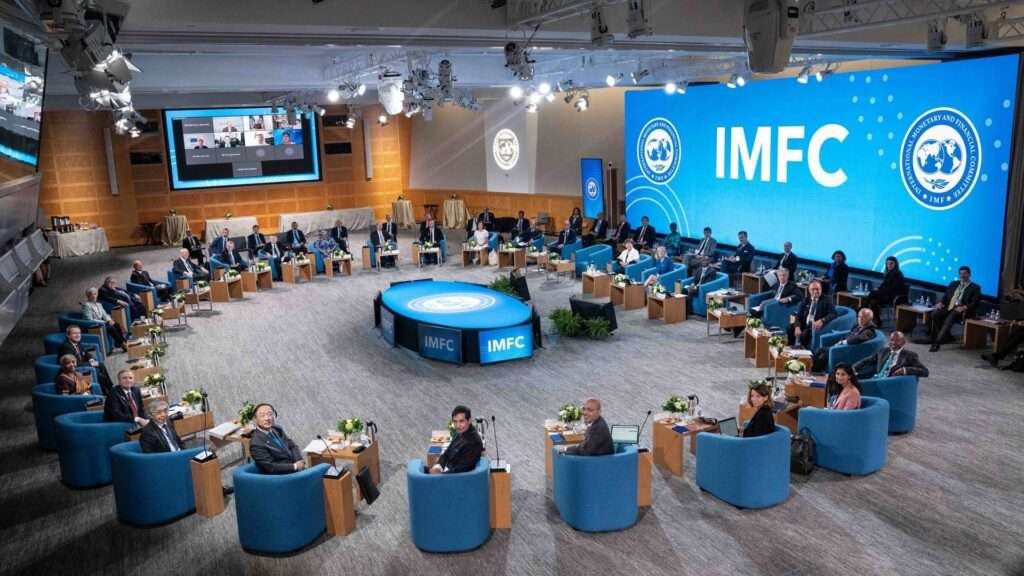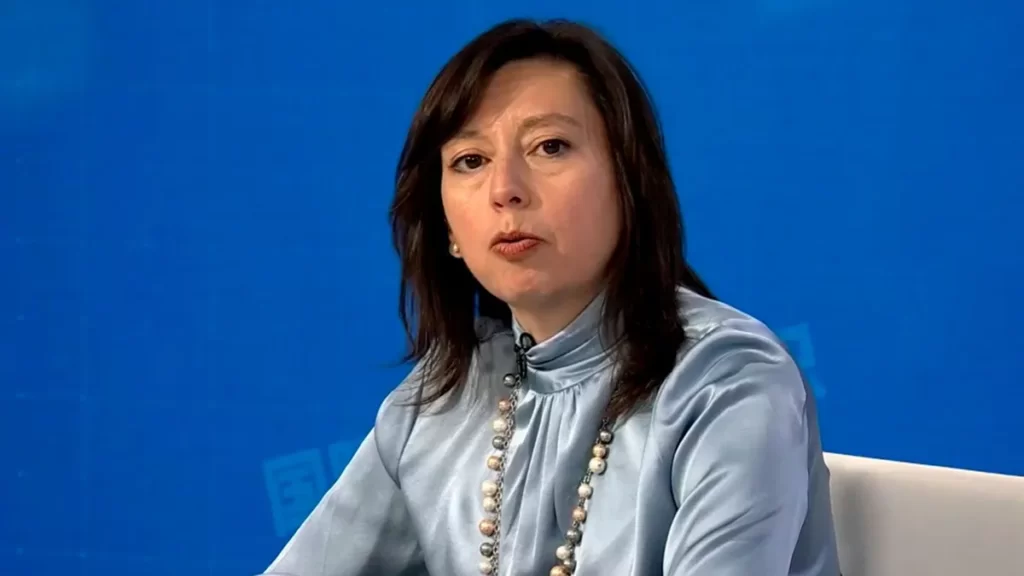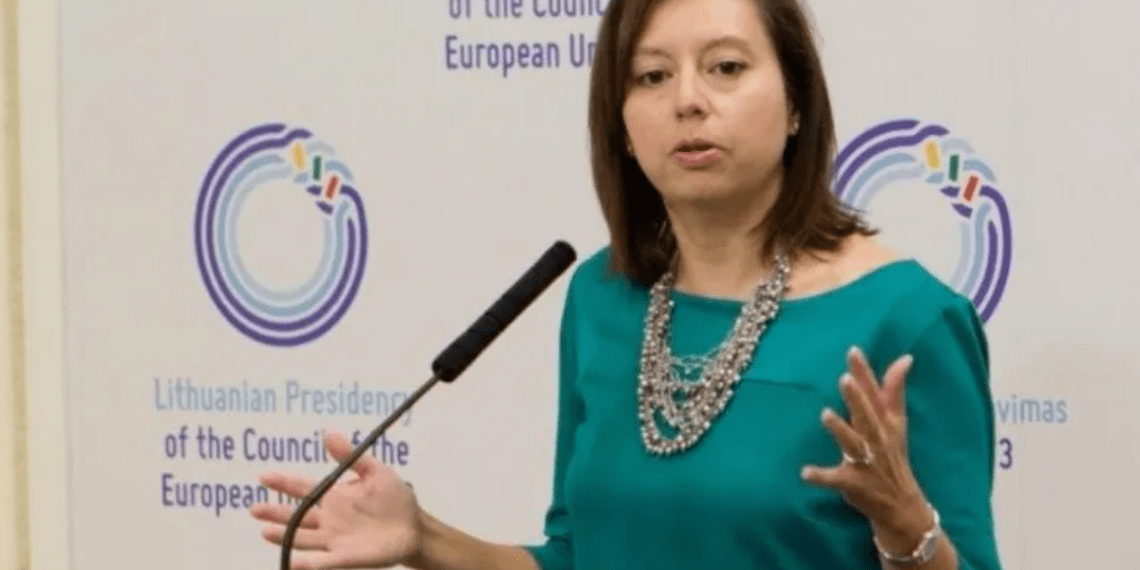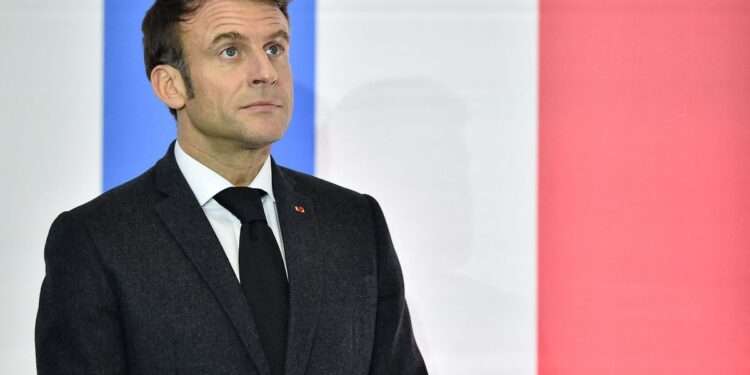The International Monetary Fund (IMF) has expressed optimism and disclosed that Ghana’s external creditors, especially the Paris Club will soon reach an agreement on restructuring the country’s external debt.
According to the IMF, this will open the door for the Fund’s Board to approve a Ghana program with a target completion date of May 2023. The approval, it said, will enable the country to secure a $3 billion Extended Credit Facility (ECF) to boost its Balance of Payment.
Julie Kozack, the IMF’s director of communications, said in response to a question at a press conference that “financing assurances from official bi-lateral creditors are necessary for presenting the programme to the Executive Board.”
“We have seen strong progress toward creditors delivering on these financing assurances, and we’re hopeful that they can be delivered very rapidly.”
Julie Kozack

On December 12, 2022, the IMF reached a Staff Level Agreement with Ghana for a three-year program ECF for about $3 billion.
The country has successfully completed the domestic debt exchange program – which involved important participants like the Ghana Bankers Association, the Ghana Insurers Association, and the Chamber of Corporate Trustees.
IMF Predicts Significant Ramifications To Result From US Default
More so, the IMF has warned of severe consequences if the US defaults on its debt, ahead of a rapidly-approaching deadline for the country to raise or suspend its borrowing limit.
“Our assessment is that there would be very serious repercussions not only for the US but also for the global economy should there be a US debt default.”
Julie Kozack
Republicans in Congress insist that President Joe Biden’s administration agree to severe budget cutbacks in exchange for support to raise the limit before the nation runs out of money to pay its existing debts, while Republicans and Democrats remain sharply split over the issue.
Democrats have been calling for a “clean” increase of the borrowing limit, accusing Republicans of using extreme tactics to try and push their political agenda ahead of the so-called “X-date” – the point at which the US will be unable to meet its financial obligations.

The IMF cautioned about the possibility of increased borrowing rates, generalized global instability, and negative economic effects in the case of a US default.
“We have seen a world in the last few years that has been affected by many shocks, so we would want to avoid those severe repercussions.”
Julie Kozack
The lifting of the debt ceiling has historically been seen as a routine affair, given that it involves raising money to pay for spending commitments already made by Congress.
When Republicans won a narrow majority in the House of Representatives during last year’s midterm elections, the right wing of the caucus insisted incoming speaker Kevin McCarthy tackle the ballooning US debt in exchange for their support.
But with the Biden administration refusing to negotiate on the debt ceiling, a standoff has arisen just weeks before the US risks running out of money to pay its obligations.
Read also: MTN Discloses Plans to Increase Prices in Some African Markets As A Result of Soaring Inflation


















